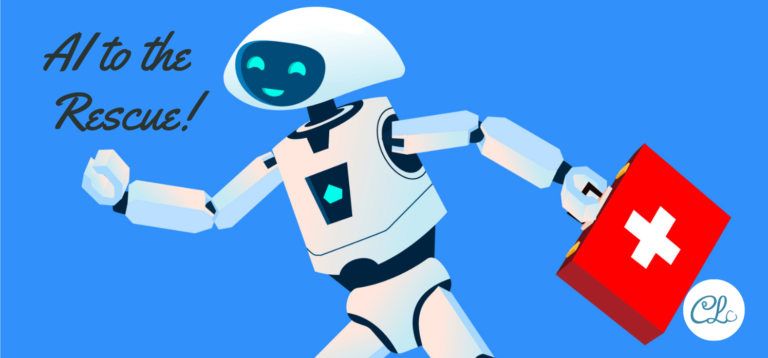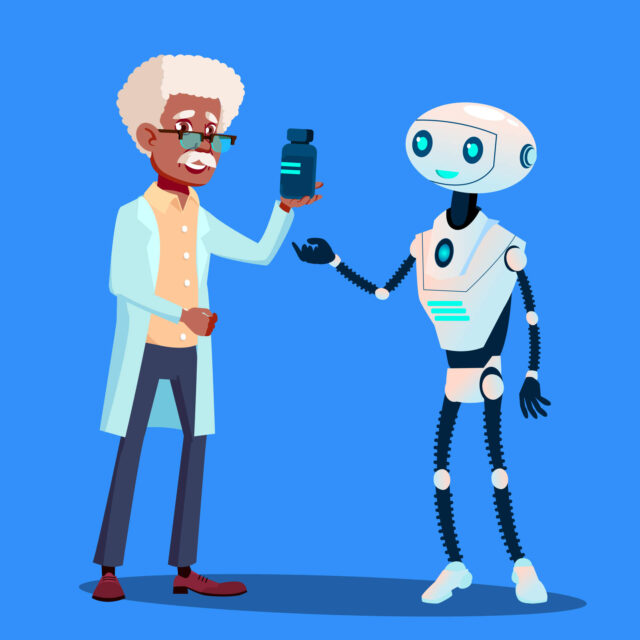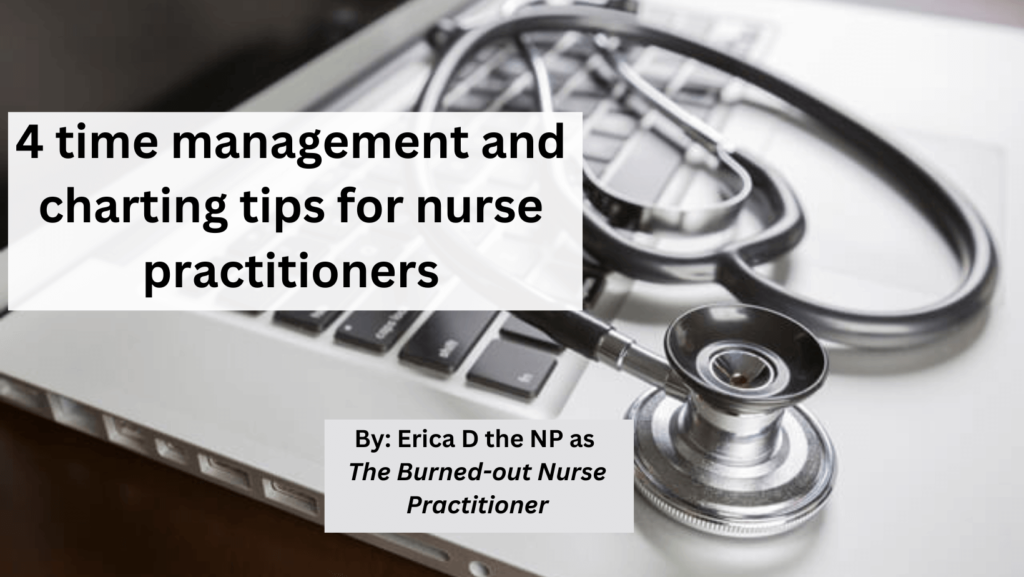Revolutionizing Healthcare: The Impact of ChatGPT & AI on Administrative Tasks, Patient Care, and Education
Artificial Intelligence (AI) is transforming healthcare by streamlining administrative tasks, improving patient care and education, and enhancing healthcare providers’ productivity.
One of the latest AI tools, ChatGPT, is revolutionizing healthcare by helping healthcare providers automate routine administrative tasks and reducing their workload, allowing them to concentrate on patient care.
ChatGPT is an AI tool based on the Generative Pretrained Transformer technology that has been trained on millions of internet pages. This tool recognizes patterns and relationships within that data and generates responses to questions in a conversational tone that feels like a real person. ChatGPT has numerous applications in healthcare, including reducing the burden of administrative tasks, such as charting, patient notes, and insurance claims, enabling healthcare providers to focus on patient care. It can also draft letters, thereby reducing the workload for healthcare staff.
According to an article in HealthTech Magazine, one of the main benefits of using AI tools like ChatGPT in healthcare is their ability to automate routine administrative tasks that can be time-consuming and tedious for healthcare providers. The reduced workload can help reduce burnout and moral injury among providers, allowing them to concentrate on aspects of their work that are most meaningful to them. Dr. John Halamka, President of the Mayo Clinic Platform, stated, “doctors who use AI will probably replace doctors who don’t use AI.”
ChatGPT has implications for patient care and education. ChatGPT can help patients understand their care options and be more involved in their treatment plans by facilitating collaborative interactions between patients and providers. Healthcare providers can create a more…

patient-centered environment that encourages patients to be more engaged in their healthcare, which is essential to improve patient outcomes. AI tools like ChatGPT can also be effective in helping patients better understand their diagnoses, treatment options, and self-care strategies.
However, ChatGPT has potential drawbacks and concerns, including a limited understanding of complex medical conditions. ChatGPT may not always have the context and expertise required to make accurate diagnoses and recommendations, leading to inaccuracies that could ultimately harm patients.
There are also concerns about the reliability of the data used to train AI tools, leading to inaccurate diagnoses and recommendations. Healthcare providers must ensure that the data used to train AI tools is accurate, representative, and unbiased. The use of ChatGPT and AI in healthcare could also create over-reliance on technology, leading to a dependency on AI that may be difficult to break if issues arise.
In conclusion, ChatGPT has vast implications in healthcare, including reducing the burden of administrative tasks, improving patient care and education, and enhancing healthcare providers’ productivity. However, it is crucial to carefully consider any technology’s potential benefits and drawbacks before implementing it in a healthcare setting.













